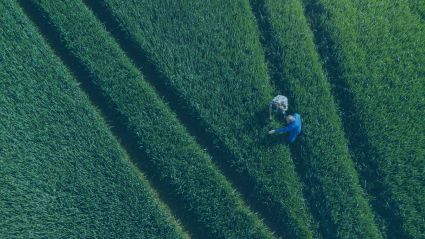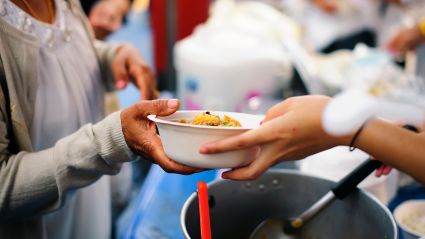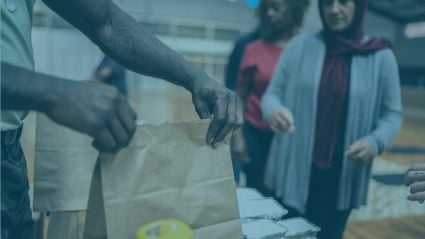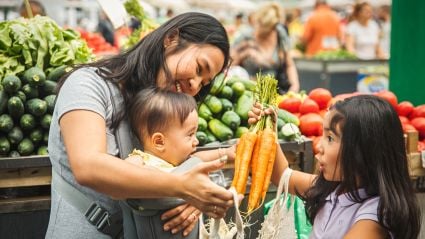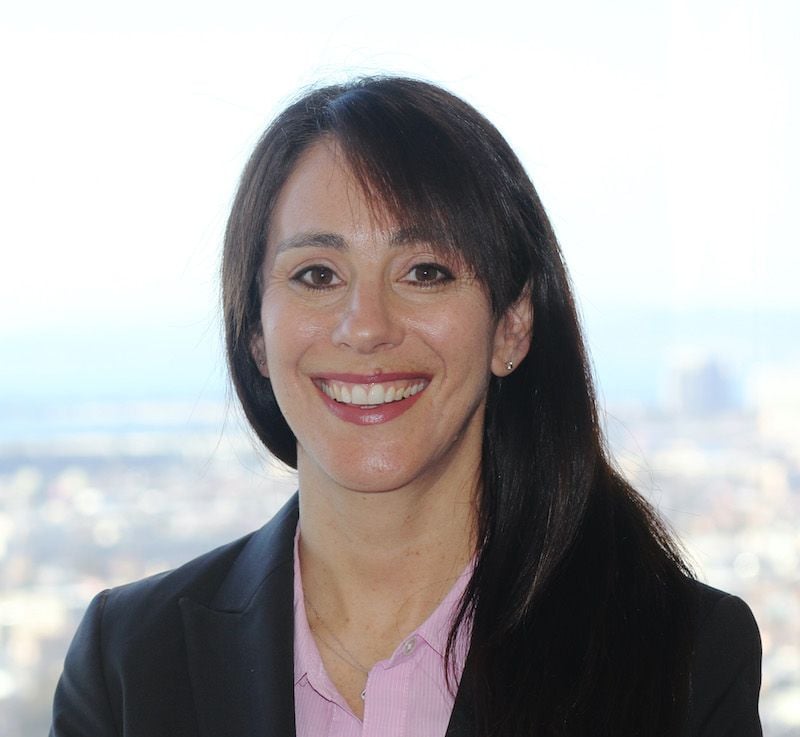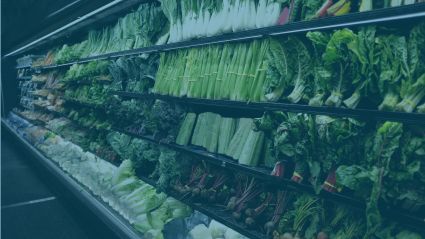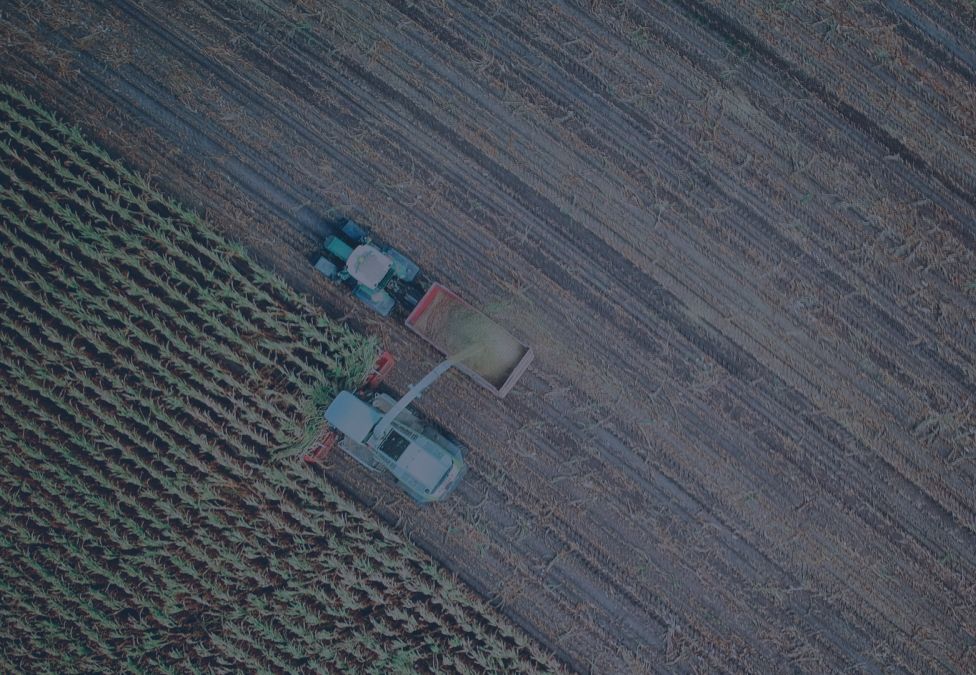
A troubling reality looms large over the global food system: It is rigged in favor of wealthy nations. With the world’s population projected to reach 10 billion by 2050, the inequalities ingrained in food production, distribution, and access become increasingly concerning despite efforts made to address these issues by policymakers and the increasing funding of sustainability-linked investments into innovation and agriculture. The rich continue exploiting resources and influence policies to their advantage in the name of food security while the world comes to grips with the effects of climate change on the world food system. Additionally, the gap between the haves and the have-nots continues to grow, while our ability to survive in a two to three degrees-warmer planet deteriorates.
Small-scale farmers contribute least to greenhouse gas emissions but bear the brunt of the impacts.
Climate Change and Inequality: The Threat Multiplier
Climate change is another factor that disproportionately affects the poor and vulnerable. The consequences of global warming—including extreme weather events, droughts, and rising sea levels—pose severe threats to agricultural productivity, particularly in developing nations. Small-scale farmers, who have contributed the least to greenhouse gas emissions, bear the brunt of these impacts.
As climate change intensifies, so too does the vulnerability of marginalized communities in the global food system. Today, in countries such as India, the wet-bulb effect has resulted in more than 2,000 deaths in 2022. By 2050, if the world warms more than two degrees, peak humidity in the global south may top 100 percent, rendering certain crop seasons unfarmable and potentially reducing available food supply by one-third in low-income countries. The world will bifurcate between countries that can afford to pay for food in a world with dramatically reduced supply.
The Plight of Small Holder Farmers
In many developing countries, small-scale farmers are the backbone of local food systems. Despite producing the majority of the world’s food, they often lack the resources, infrastructure, and access to markets that their large-scale counterparts enjoy.
These disparities are further exacerbated by government policies that tend to favor industrialized agriculture and multinational corporations, often at the expense of smallholder farmers. By 2050, climate-driven food supply disruption will force small holder farmers to make critical decisions between growing food for self-sufficiency or for income. The prevalence of agricultural subsidies in developed nations enables the production of food at artificially low prices. This creates an uneven playing field in the global market, making it difficult for small-scale farmers from developing nations to compete, perpetuating poverty, and deteriorating regional biodiversity.
Food Security Is a False Sense of Security: The Scramble for Resources
The global food system is interconnected through trade; however, understanding of the challenges farmers in other nations face is limited, as importing countries prioritize securing their own food supplies over the domestic needs of the exporting countries. As a result, there is currently a lack of global cooperation and support to ensure multilateral food security. Between 2020 and 2022, it was clear that countries were willing to sacrifice historic economic ties and cut off export-production for domestic food security. At the same time, certain countries are already using technology to produce food domestically, which displaces small holder farmers who were historically exporters.
A reset on the real problems the world faces is an imperative to deliver against the UN Sustainable Development Goals.
-
Climate impact framework on food security: A global cooperation framework is needed that takes into consideration the perspectives of farmers and agricultural workers and integrates them into a decision-making process. This framework must consider the impact of climate change and the idiosyncratic food-security policies of nations, ensuring equitable access to food especially in times of crisis today and by 2050, when climate-related food disruption occurs.
-
Focus innovation and breakthroughs in technology to strengthen food systems for both domestic and export production. A just transition is needed to ensure that technological advances in productivity don’t displace small holder farmers.
-
Rethinking subsidies: Governments should reevaluate agricultural subsidies to ensure they promote equitable and sustainable food production.
-
True cost of food accounting: Supermarkets must lead the way in allowing the true cost of food to be reflected in prices.
-
Consumer education and awareness that the era of cheap food may be over.
By acknowledging and addressing this conundrum, we can work towards building a more equitable, sustainable, and secure global food system.

